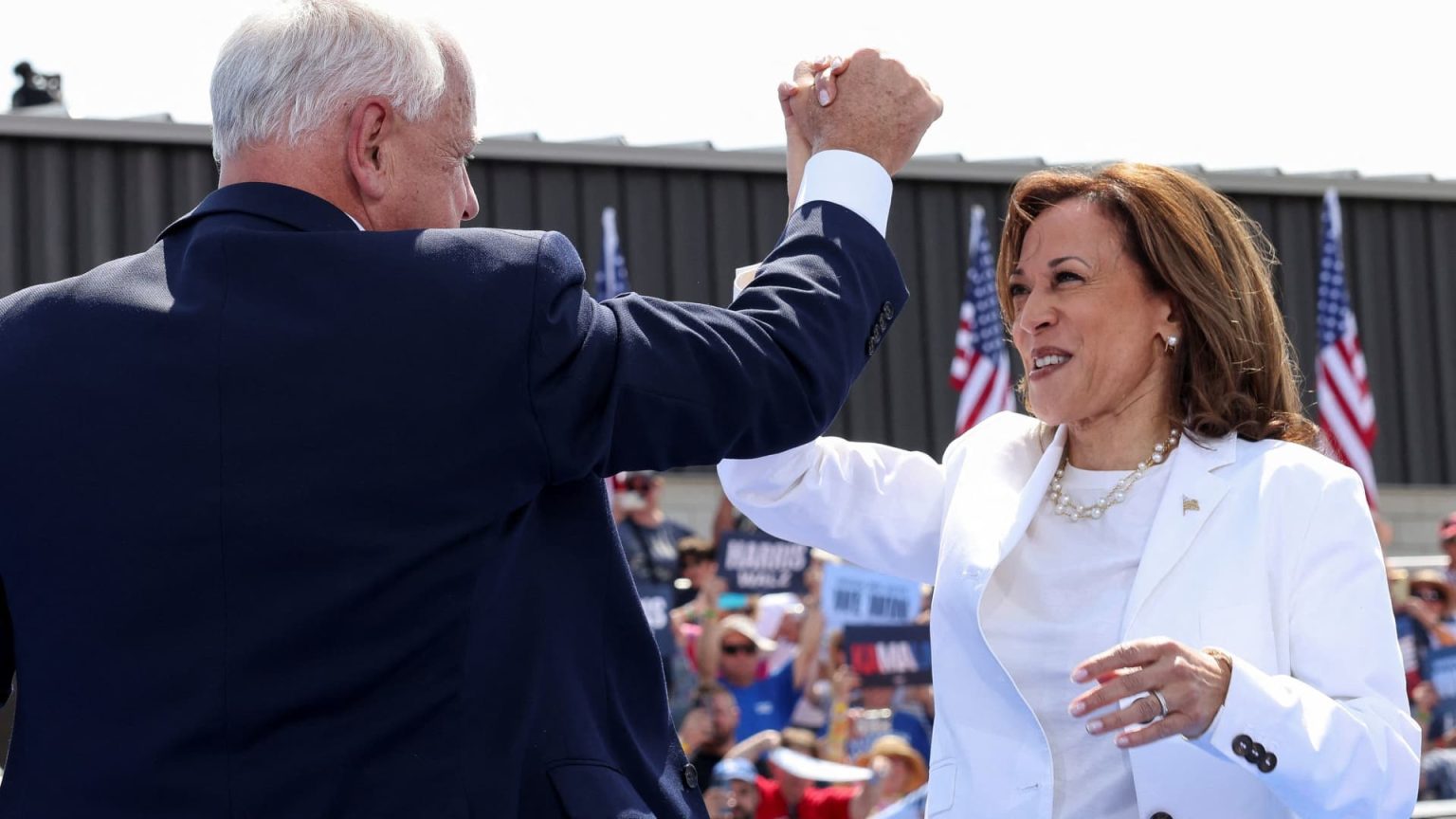Kamala Harris has selected Minnesota Governor Tim Walz, a former teacher, as her running mate, to bring a focus on child care and early childhood policy. Walz has a history of expanding state child tax credits and paid family leave programs. Harris’s economic platform includes restoring federal child tax credits and providing financial relief to families with young children. Donald Trump’s running mate, J.D. Vance, has proposed doubling the current child tax credit to $5,000. Child care is a concern for both government policymakers and employers, as costs continue to rise and accessibility declines.
The cost of child care has increased by 32% since 2019, putting financial strain on families. Many parents are considering leaving the workforce due to the economic challenges of child care. Only a small percentage of workers have access to workplace child-care benefits, despite the high return on investment for companies. Employers must prioritize child-care support to retain employees and boost productivity. Child-care startup Upwards has seen higher retention rates among employees utilizing child-care benefits, emphasizing the economic impact of providing these benefits.
The child-care sector faces challenges of shortages and underutilization, with many areas having more children in need of care than available spots. The pandemic has left the industry vulnerable, with low wages and a shrinking workforce. Embedding child-care benefits in the workplace can help connect workers to services and allow providers to serve more families. The lack of child-care benefits results in a significant cost to the economy, with billions lost in earnings, revenue, and productivity.
Child-care challenges disproportionately affect mothers, often leading them to leave the workforce. The “motherhood penalty” results in high numbers of women exiting the workforce after having children. Lack of child care causes disruptions in work efforts, leading to reprimands and missed days. Government policies, such as an expanded child tax credit, face obstacles and challenges in implementation. Despite bipartisan support for measures to support working families, gridlock and inaction persist.
The economic impact of supporting and subsidizing child care is significant, with potential gains for both women in the workforce and employers. Research shows that financial conditions for working parents with young children are not improving, despite the need for policies to support child care. Access to child-care benefits has become a critical issue for both policymakers and employers, with the potential for significant economic benefits. The challenge remains in overcoming political obstacles and finding solutions that benefit both families and the economy.













